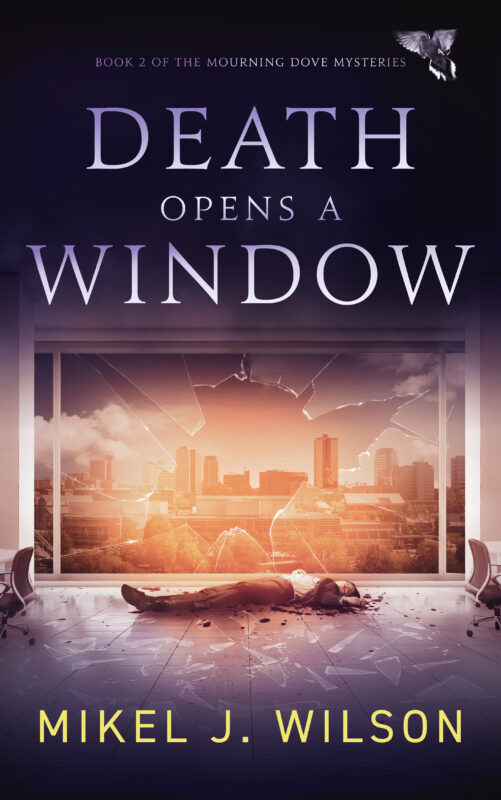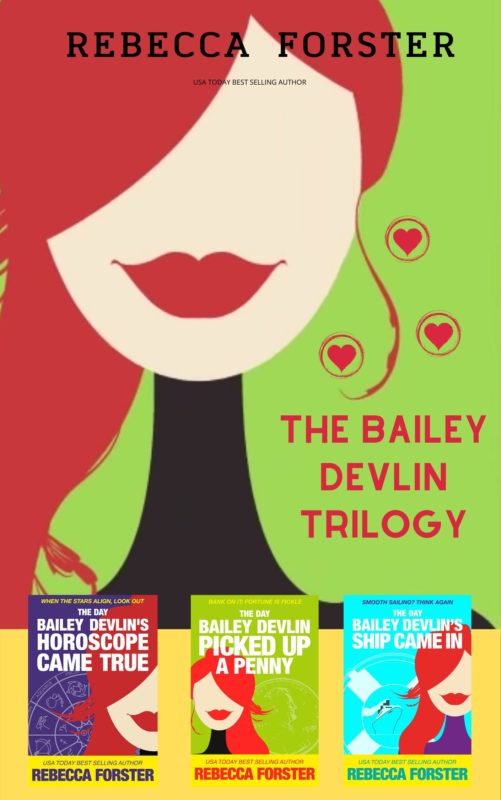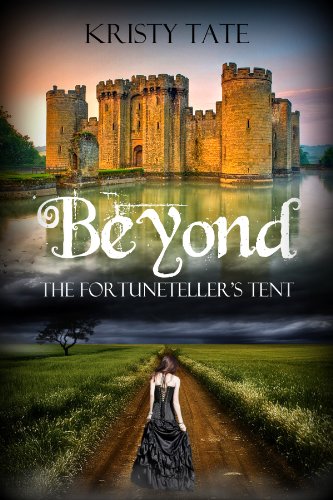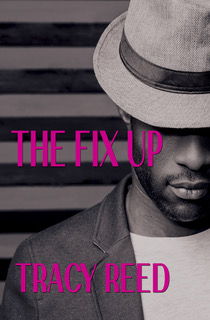As a writer, I love to write in any form including journals, blogs, and books. Something about putting words on a page is so satisfying. But I’ve asked myself recently if I’m writing the right things in my journals. Do I capture words that will be preserved for the future? Should I start a journal for the future that’s more about the day to day then about special days or my feelings?

Hear me out. There’s a reason why I’m thinking about this in a different way. It’s not really about my own personal life and wanting to document it. It’s more about making sure how we live today is being captured for those who need this data in the future.
Journals are a Great Research Tool
As a historical writer, journals are invaluable to capturing the essence of the era we are writing. Long ago journals include terminology, names, and phrases of the time. There are recipes from our ancestors because they wrote them down. Which now are preserved and shared from person to person.
Also, a contemporary writer might have a character that is a teacher or plumber or Starbucks barista. They may need to learn about these positions. These journals could include lingo, interactions, schedules, a specific point of view, and more. They might gather these from blogs, more than journals, but the idea of finding content that helps explain the day to day in these lives is what I’m talking about.
I’ve even created a journal for my character so I could find her voice and figure out her feelings and perspective. I talk about this in my blog post on my website titled Incorporating a Character Journal In My Story. I now include a journal entry to the beginning of each chapter in my book.

Olivia Carmichael had no idea how much she would eat her words.
How Will The Future Read Journals?
Think of terms and phrases used in the past versus now. Terms such as binge mean something different now than 50 years ago. What would be other words or terms that might be obsolete in the future? What are terms that we no longer use today but represent a bygone era?
I sometimes feel silly writing down some of these more basic topics. But then I think about someone possibly reading it 100 years from now and realize that how we go about our day may be completely different in another century.
In today’s definition, journals could be blogs, notes in our phone, or actual books we handwrite in. And it will be interesting to see how people who keep and access these in the future. Personally I love handwriting. But it gets harder and harder to read someone’s writing either from faded ink or pencil or just reading handwriting itself as an art form is going away. I wrote a blog post about that a while ago titled Give A Gift That Lasts a Lifetime: A Handwritten Note. In some cases writing is more personal because of a person’s handwriting. I love coming across something my mom or dad wrote. It evokes an emotion in me that’s difficult to describe.
Will Journals Be Around in 100 Years?
To have a journal last 100 years, first people have to create them. Then they have to save them. Not by just the writer, but by someone who obtains them after the writer has passed. How many of us toss older books out? Or toss our own books out because we don’t think anyone will care. They may not care at 25-35 years, but something older? This is the future of a journal. The old adage – one person’s junk is another person’s treasure. A family member might think there’s nothing of importance in the journal, but a writer looking for specific details? It could be pure gold inside.
But what about blogs? To stay active, the account has to stay active. Where will all this content go in the future? How will these blog posts be preserved? I know. I’m causing anxiety where it’s not necessary. But being a history lover, I tend to think about these things often. Am I the only one?
Journals Preserved by Libraries
In rare cases, a library owns journals that are used by scholars who use them as reference materials. People of the past journaled for the future. My great great grandfather was one of them. He wrote detailed journals. A mountain man who faught in a war with Lincoln, was a trapper with Jedidiah Smith, and shared a campfire with the Donner party before they chose to ignore his warnings and take the short Sierra pass that ended in doom. We know all of this because of his journals. I have two printed versions of his journals in my possession, but I’ve also seen the real journals in person. These journals are owned by the Huntington Libary in Pasadena. And it’s been said they know what they know about that era, because of the details he captured.

He created journals used in his future, which is our present. What will our journals be used for?
Questions for the writer in all of us
I wanted to ask questions because I’m curious. And I think a dialogue would be advantageous for all of us. Do you read journals for your stories? Where do you go for your inspiration? Do you journal? If you do, do you write about your feelings? Describe the weather? Mention a list of daily activities? What type of content do you put in your journal?
Do you write daily? Are your journals organized by date or by topic? Ideas of specialized journals would be one for work related documentation and one for personal. Or a journal about movies, books, or other entertainment and another book for trips.
And last but not least, how do you think the world will use these journals in the future?
Curious minds want to know.
- Author Bio
- Recent Posts
- Books
-
April 12, 2025As a writer, I love to write in any form including journals, blogs, and books. Something about putting words on a page is so satisfying. But I’ve asked myself recently if I’m writing the right things in my journals. Do I capture words that will be preserved for the future? Should I start a journal […]
-
March 14, 2025
Denise M. Colby loves to write words that encourage, enrich, and engage whether it’s in her blog, social media, magazine articles, devotions, or her novels.
-
March 12, 2025As a writer, I love to write in any form including journals, blogs, and books. Something about putting words on a page is so satisfying. But I’ve asked myself recently if I’m writing the right things in my journals. Do I capture words that will be preserved for the future? Should I start a journal […]
-
March 1, 2025
Denise M. Colby loves to write words that encourage, enrich, and engage whether it’s in her blog, social media, magazine articles, or devotions.
-
February 12, 2025As a writer, I love to write in any form including journals, blogs, and books. Something about putting words on a page is so satisfying. But I’ve asked myself recently if I’m writing the right things in my journals. Do I capture words that will be preserved for the future? Should I start a journal […]

Related
Affiliate Links
A Slice of Orange is an affiliate with some of the booksellers listed on this website, including Barnes & Nobel, Books A Million, iBooks, Kobo, and Smashwords. This means A Slice of Orange may earn a small advertising fee from sales made through the links used on this website. There are reminders of these affiliate links on the pages for individual books.
Search A Slice of Orange
Find a Column
Archives
Featured Books
THE CHRISTMAS PRESENT
HOW FAR WOULD YOU GO TO PROTECT THE ONES YOU LOVE?
More info →THE BAILEY DEVLIN TRILOGY: BOOK 1-3 (The Bailey Devlin Series)
Bailey Devlin believes in fate. . .and luck. . .and fortune telling.
More info →BEYOND THE FORTUNETELLER’S TENT
When Petra Baron goes into the fortuneteller’s tent at a Renaissance fair, she expects to leave with a date to the prom.
More info →Newsletter
Contributing Authors
Search A Slice of Orange
Find a Column
Archives
Authors in the Bookstore
- A. E. Decker
- A. J. Scudiere
- A.J. Sidransky
- Abby Collette
- Alanna Lucus
- Albert Marrin
- Alice Duncan
- Alina K. Field
- Alison Green Myers
- Andi Lawrencovna
- Andrew C Raiford
- Angela Pryce
- Aviva Vaughn
- Barbara Ankrum
- Bethlehem Writers Group, LLC
- Carol L. Wright
- Celeste Barclay
- Christina Alexandra
- Christopher D. Ochs
- Claire Davon
- Claire Naden
- Courtnee Turner Hoyle
- Courtney Annicchiarico
- D. Lieber
- Daniel V. Meier Jr.
- Debra Dixon
- Debra H. Goldstein
- Debra Holland
- Dee Ann Palmer
- Denise M. Colby
- Diane Benefiel
- Diane Sismour
- Dianna Sinovic
- DT Krippene
- E.B. Dawson
- Emilie Dallaire
- Emily Brightwell
- Emily PW Murphy
- Fae Rowen
- Faith L. Justice
- Frances Amati
- Geralyn Corcillo
- Glynnis Campbell
- Greg Jolley
- H. O. Charles
- Jaclyn Roché
- Jacqueline Diamond
- Janet Lynn and Will Zeilinger
- Jaya Mehta
- Jeannine Atkins
- Jeff Baird
- Jenna Barwin
- Jenne Kern
- Jennifer D. Bokal
- Jennifer Lyon
- Jerome W. McFadden
- Jill Piscitello
- Jina Bacarr
- Jo A. Hiestand
- Jodi Bogert
- Jolina Petersheim
- Jonathan Maberry
- Joy Allyson
- Judy Duarte
- Justin Murphy
- Justine Davis
- Kat Martin
- Kidd Wadsworth
- Kitty Bucholtz
- Kristy Tate
- Larry Deibert
- Larry Hamilton
- Laura Drake
- Laurie Stevens
- Leslie Knowles
- Li-Ying Lundquist
- Linda Carroll-Bradd
- Linda Lappin
- Linda McLaughlin
- Linda O. Johnston
- Lisa Preston
- Lolo Paige
- Loran Holt
- Lynette M. Burrows
- Lyssa Kay Adams
- Madeline Ash
- Margarita Engle
- Marguerite Quantaine
- Marianne H. Donley
- Mary Castillo
- Maureen Klovers
- Megan Haskell
- Melanie Waterbury
- Melisa Rivero
- Melissa Chambers
- Melodie Winawer
- Meriam Wilhelm
- Mikel J. Wilson
- Mindy Neff
- Monica McCabe
- Nancy Brashear
- Neetu Malik
- Nikki Prince
- Once Upon Anthologies
- Paula Gail Benson
- Penny Reid
- Peter Barbour
- Priscilla Oliveras
- R. H. Kohno
- Rachel Hailey
- Ralph Hieb
- Ramcy Diek
- Ransom Stephens
- Rebecca Forster
- Renae Wrich
- Roxy Matthews
- Ryder Hunte Clancy
- Sally Paradysz
- Sheila Colón-Bagley
- Simone de Muñoz
- Sophie Barnes
- Susan Kaye Quinn
- Susan Lynn Meyer
- Susan Squires
- T. D. Fox
- Tara C. Allred
- Tara Lain
- Tari Lynn Jewett
- Terri Osburn
- Tracy Reed
- Vera Jane Cook
- Vicki Crum
- Writing Something Romantic
Affiliate Links
A Slice of Orange is an affiliate with some of the booksellers listed on this website, including Barnes & Nobel, Books A Million, iBooks, Kobo, and Smashwords. This means A Slice of Orange may earn a small advertising fee from sales made through the links used on this website. There are reminders of these affiliate links on the pages for individual books.


















































